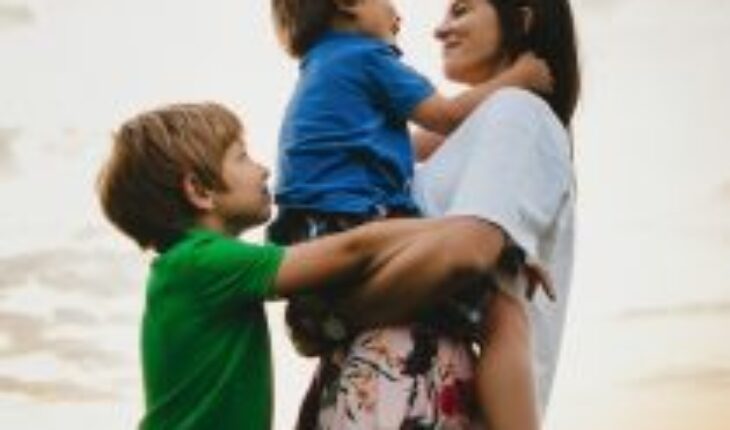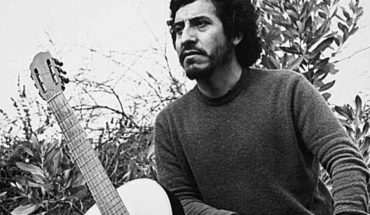The constitutional recognition of the rights of the child, which is promoted by the popular initiative of norm No. 11,402, and the preferential right and duty of mothers and fathers to guide and educate their sons and daughters are not contradictory and their dispute is illusory.
We dream of a country with children and adolescents (NNA) recognized and protected in their development process. And, with a State, families and a society that guarantees their rights.
Families play a fundamental role in guiding the exercise of the rights of children and adolescents, while the State must ensure the strengthening of the various families that inhabit our country. For this to be possible, it acquires centrality, in addition, to ensure a floor of universal social protection, education and health for children and adolescents and their families / caregivers; or what some of us have called the consolidation of a Social Welfare State with the face of children.
The recognition of children and adolescents as rights-holders does not imply calling into question the authority of the adults who have the responsibility to care for them. Listening to and including the multiple voices of childhood and adolescence does not mean uncritically supporting their opinions, or blindly obeying their wishes, but building a practice of intergenerational dialogue between children and adults of different ages, in order to develop a culture of respect and good treatment.
Along the same lines, international interdisciplinary studies of children propose that the progressive autonomy of children is constructed relationally, starting from families and not against them. In order for progressive development to take place, children require the accompaniment and guidance of adults. And, families need to be accompanied and supported by a state that protects and cares for them.
Conceiving the rights of parents/caregivers and sons and daughters in an opposition relationship implies not fully understanding the spirit and the integral, relational and ecological perspective emanating from the International Convention on the Rights of the Child.
Finally, the situation of children is inherently linked to all the aspirations that accompany adults: it is linked to the problems of education, health, work and social security, among others.
Accepting the child and adolescent subject to rights implies recognizing them as key actors if we want to achieve a life worth living and reduce inequalities between the sons and daughters of Chile.
The creation of a new constitution is an opportunity to strengthen our democracy that, together with gender parity and the participation of indigenous peoples, recognizes the rights of children.
Norway, one of the best countries to be a child in the world – according to the Lancet and UNICEF – has a Political Constitution that recognizes the right of children to be respected, listened to and protected.
I invite all parents and caregivers not to be afraid and to support the popular initiative of norm that seeks to recognize and enshrine the rights of children and adolescents in the new Political Constitution of the Republic.
The content expressed in this opinion column is the sole responsibility of its author, and does not necessarily reflect the editorial line or position of El Mostrador.





